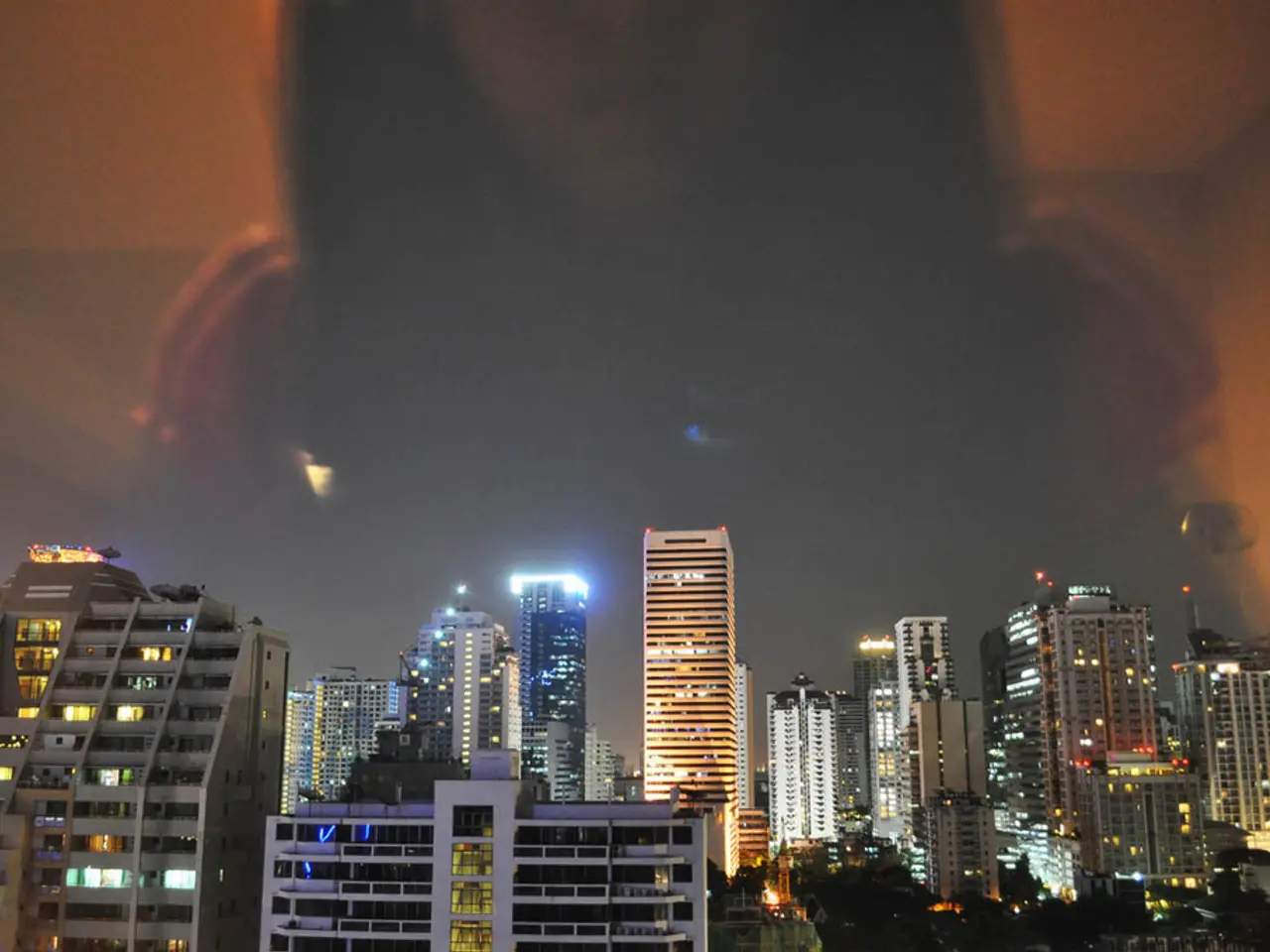Germany's Chronolite Project Aims to Revolutionize Traveler Well-being with AI-Personalized Lighting
Germany is stepping up its AI game with the Chronolite project, a collaborative effort led by Hamburg startup Jetlite. This initiative, part of the 'Innovation offensive artificial intelligence in mobility' programme, aims to develop an IoT industrial standard for personalized lighting in the mobility sector.
The Chronolite project, set to conclude in December 2024, brings together a diverse consortium including Hella, Technical University of Ilmenau, Dreitausendsassa GmbH, and Charité University Medicine Berlin. Led by the Fraunhofer Institute for Structural Durability and System Reliability LBF, the project seeks to regulate disrupted sleep-wake rhythms caused by travel. By using AI to personalize lighting sequences, it aims to enhance the well-being, workability, and driving ability of travelers.
Backed by the Federal Ministry of Digital Affairs and Transport (BMDV) with around 3.3 million euros, the project aligns with Federal Minister Dr. Volker Wissing's vision of AI as a key technology for digital transformation.
The Chronolite project, a significant step in Germany's international AI competition, is set to transform personalized lighting in the mobility sector. By December 2024, the project aims to deliver an IoT industrial standard that regulates sleep-wake rhythms and improves traveler well-being and performance.
Read also:
- Parliamentary Meetings in the Federal Diet of Germany this Week
- Council approves resolution to remove objections for organ donations at federal level
- Encouraging Healthy Indoor Workplaces through LEED Material Methods: USGBC LEED Green Associate
- Understanding Craniosynostosis: Essential Facts and Insights




